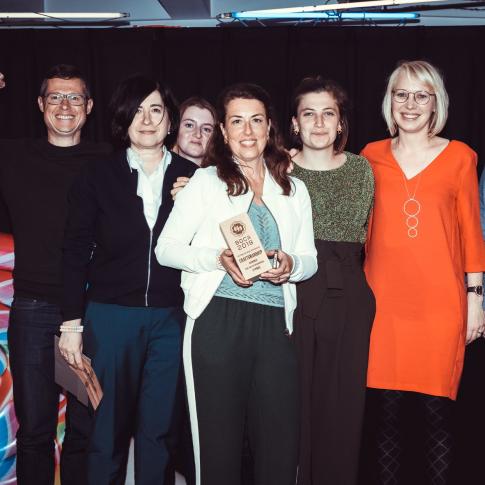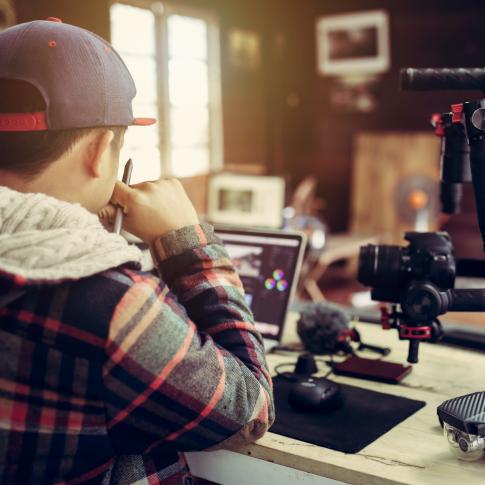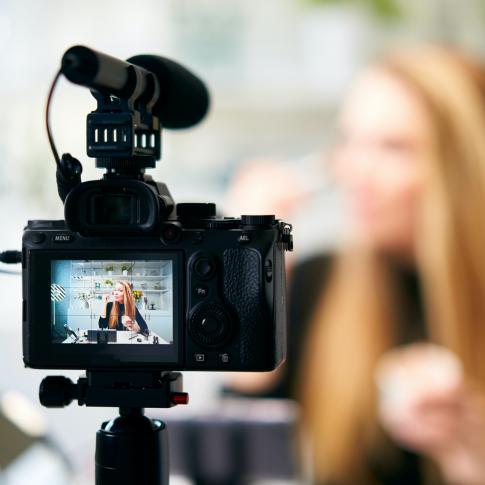
Alex Duin
From pixels to pages: Why digital initiatives are venturing into print
From Pitchfork and Grantland to ACQTASTE, digital publishers are stepping outside of their comfort zones to storm the print market, producing magazines that extend their screen-based endeavours. How come?
‘Print is dead’, Egon Spengler famously claims in the classic 1984 movie Ghostbusters. He may have been a pioneer in this view 30 years ago, but these days it's hardly a rare attitude. Accepted wisdom is, and has been for a while, that the internet has superseded all other platforms distributing media and that it's only a matter of time before printed paper disappears altogether, replaced by screens, e-ink displays or some technology not yet invented.
But there's a move to save the noble printing press:
- to value seeing words stamped in permanent ink on to smooth paper stock …
- to see the benefit in a beautiful physical object that will last forever, or at least longer than the flicker of a TFT screen …
- to believe that the virtual, while useful, is not quite enough – and that the actual still has some worth in this world.
Musical notation
Among those answering the call is Pitchfork, the music journalism website famous for its elaborate and wordy album reviews. They've been online since 1995 (which makes them practically ancient in internet terms), but despite being deeply rooted in the incorporeal, they've chosen to release a quarterly magazine.
The Pitchfork Review, the first issue of which was released in December last year, is a limited-run publication with a focus on long-form journalism, photography and impeccable design. Intended as a cross between a coffee-table book and a publication you'd pick up from a newsagent, the Review takes full advantage of its physical realness, ensuring that it’s something you'll want to own as an object as much as a medium for information. This desire is reflected in the premium price – almost $20 an issue.
Pristine prestige
And the Pitchfork lot aren’t the only ones brushing the dust off their presses. Sports and culture blog Grantland launched a similar high-end magazine in 2011. In the same year, darling of the fashionistas Style.com also came out with their own journal – a rather ironic move since the site started as an online spin-off of publishing stalwarts Vogue and W a decade earlier. Style.com has been joined in newsagents by such glossy titles as Printed Pages (from the creators of the design blog It's Nice That), and the real world version of ACQTASTE, a Canadian foodie haven.
What motivates these digital mavens to move into the old-fashioned world of paper and ink? It's simply a combination of publicity and prestige. Having physical magazines sitting on people's coffee tables and on newsagent shelves lets a brand be seen in places it wouldn't normally be – especially helpful since using the internet can be quite a private experience between reader and screen. And despite the increasing dominance of digital, it's hard to deny that hard-copy has a cachet and respectability that the virtual still lacks.
A wider world
There’s another reason to embrace the real, and that's the one that convinced the culinary social network Allrecipes and the medical look-up tool WebMD. Both of these sites cater to mass audiences: people who enjoy food and those who sometimes worry about their health – that is, just about all of us.
Despite the fact that the internet is spreading further and further into our lives, there are still a significant number of refuseniks out there. By moving into print, a brand can come up with the final piece of the jigsaw and appeal to a non-cyber-savvy market and so make their world domination complete.
So, even as you juggle your iPad, Android smartphone, Kindle and desktop PC, don't count old print out just yet. There's still value in the actual.
Alex Duin is a freelance writer from London who's written for the BBC, EU and many others. His speciality is technology - if it beeps, he can probably cobble together a paragraph on it. Cypres content strategist Frederik Hautain contributed to this article.



